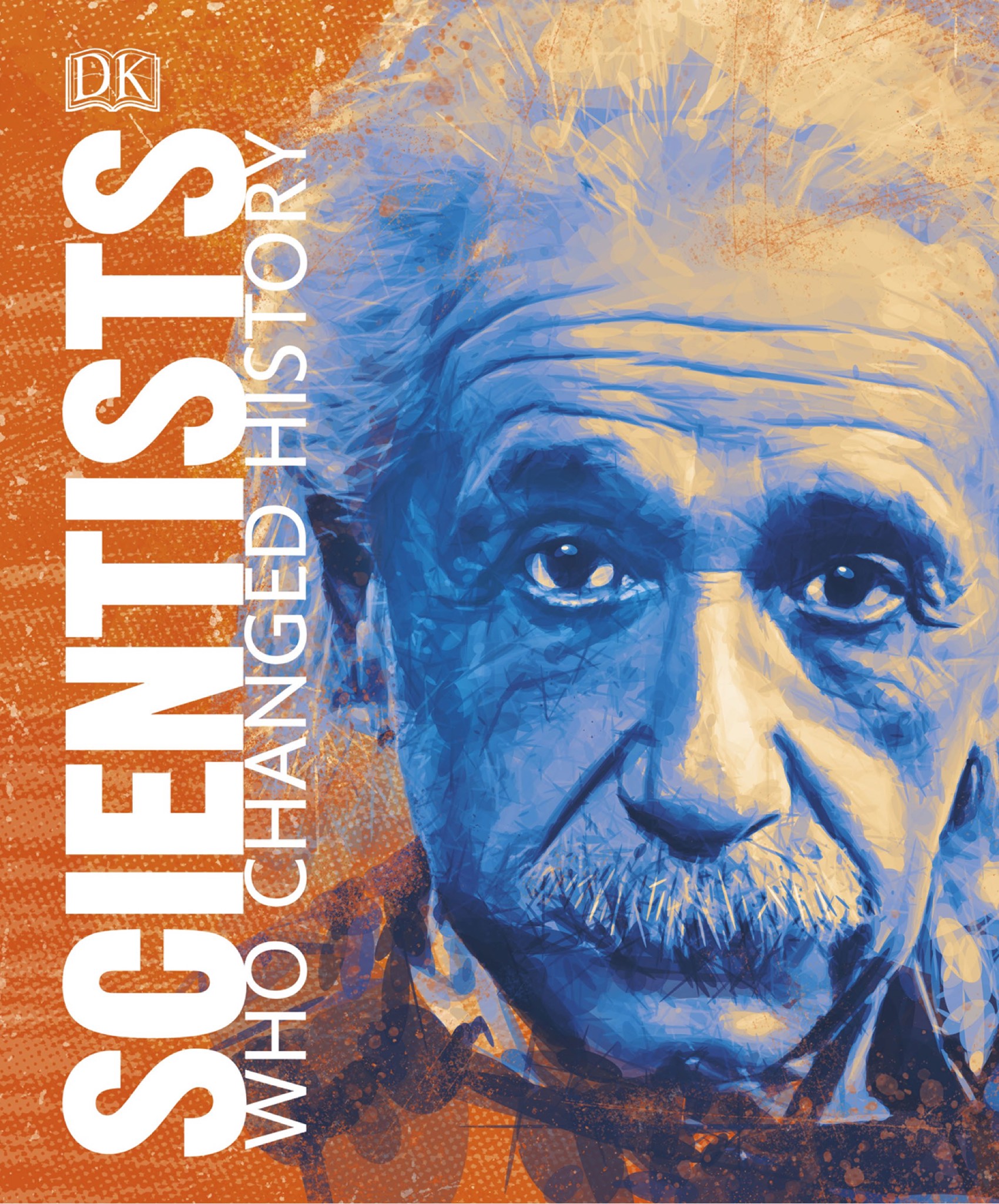DK SCIENTISTS WHO CHANGED HISTOR
Summary of DK Scientists Who Changed History
The DK Scientists Who Changed History is a comprehensive visual encyclopedia that explores the lives, discoveries, and legacies of influential scientists from ancient times to the present. It presents key figures across various scientific disciplines, including physics, biology, chemistry, astronomy, and mathematics.
Structure and Major Themes
The book is divided into key scientific eras, highlighting the most groundbreaking discoveries and their impact on human history.
1. The Dawn of Science (650 BCE–1450 CE)
• Thales of Miletus: One of the earliest known philosophers, who proposed that water is the fundamental substance of the universe.
• Aristotle: Made significant contributions to biology, logic, and physics.
• Archimedes: Developed fundamental principles of hydrostatics and mechanics.
• Alhazen: Pioneered work in optics and scientific experimentation.
• Hypatia: Contributed to mathematics and astronomy in the ancient world.
2. The Scientific Revolution (1450–1650)
• Leonardo da Vinci: Combined art and science, studying anatomy, engineering, and flight.
• Nicolaus Copernicus: Proposed the heliocentric theory, placing the Sun at the center of the universe.
• Galileo Galilei: Used telescopes to prove the heliocentric model and advanced physics.
• Johannes Kepler: Developed planetary motion laws.
• William Harvey: Discovered the circulatory system and blood circulation.
3. Reason and Enlightenment (1650–1800)
• Isaac Newton: Formulated the laws of motion and universal gravitation.
• Robert Hooke: Studied microscopic life and elasticity.
• Carl Linnaeus: Developed the system of biological classification.
• Antoine Lavoisier: The “father of modern chemistry”; identified oxygen’s role in combustion.
• Edward Jenner: Created the first smallpox vaccine, pioneering immunology.
4. Science and Industry (1800–1895)
• Charles Darwin: Developed the theory of evolution by natural selection.
• Louis Pasteur: Pioneered germ theory and pasteurization.
• Gregor Mendel: Discovered the principles of genetics.
• Dmitri Mendeleev: Created the Periodic Table of Elements.
• Michael Faraday: Advanced electromagnetism and early electrical technology.
5. Paradigm Shifts (1895–1925)
• Marie Curie: Pioneered research on radioactivity and won two Nobel Prizes.
• Albert Einstein: Developed the theory of relativity, revolutionizing physics.
• Max Planck: Introduced quantum mechanics.
• Ernest Rutherford: Discovered the nuclear structure of the atom.
• Alfred Wegener: Proposed continental drift theory, the foundation of plate tectonics.
6. War and Modernity (1925–1950)
• Alexander Fleming: Discovered penicillin, the first antibiotic.
• Emmy Noether: Made key contributions to abstract algebra and theoretical physics.
• J. Robert Oppenheimer: Led the Manhattan Project, developing the atomic bomb.
• Barbara McClintock: Discovered jumping genes (transposons) in genetics.
• Alan Turing: Developed the concepts behind modern computing and AI.
7. Theories of Everything (1950–Present)
• James Watson & Francis Crick: Discovered the DNA double helix structure.
• Stephen Hawking: Advanced the understanding of black holes and cosmology.
• Tim Berners-Lee: Invented the World Wide Web.
• Rosalind Franklin: Contributed to DNA structure discovery.
• Jane Goodall: Revolutionized primatology and animal behavior research.
Thematic Contributions
• Mathematics: Figures like Pythagoras, Euclid, and Fibonacci laid the groundwork for modern math.
• Medicine & Biology: Innovations in vaccination, genetics, and microbiology reshaped healthcare.
• Physics & Chemistry: Contributions from Newton, Einstein, Curie, and Bohr transformed our understanding of matter and energy.
• Technology & Computing: Turing, Berners-Lee, and Tesla changed how we interact with the world.
Conclusion
The DK Scientists Who Changed History provides an accessible, visually engaging journey through science’s most transformative moments. By combining biographies, discoveries, and visual storytelling, the book highlights how scientific breakthroughs have continuously shaped human civilization.
